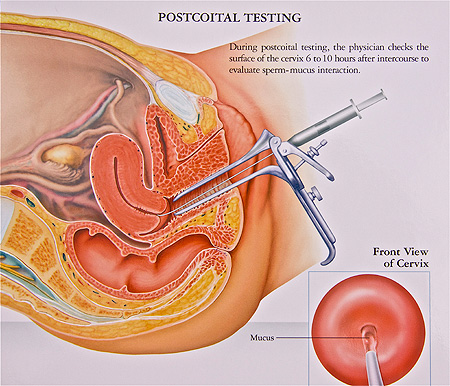How Male Fertility Nutrients Increase Sperm Count Naturally
NUTRIENTS AND MALE FERTILITY Our body needs a consistent supply of nutrients to stay healthy. Our physiological processes require different vitamins, minerals, amino acids, and trace elements to function at optimal capacity. Sperm production in men is very sensitive to low levels of nutrients and oxidative stress. Clinically proven effects of male fertility nutrients A multitude of…









